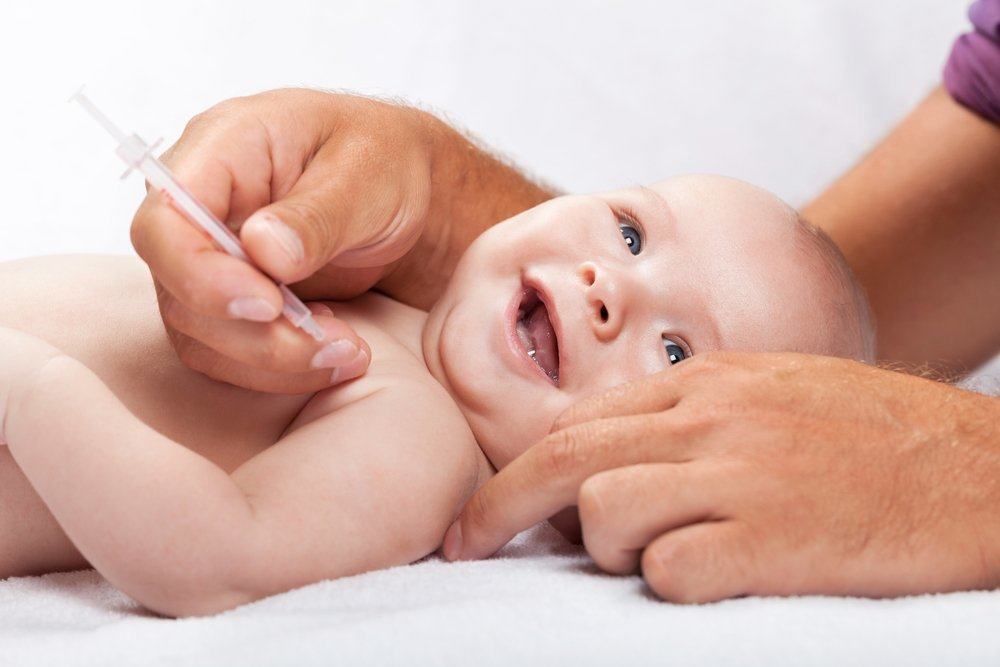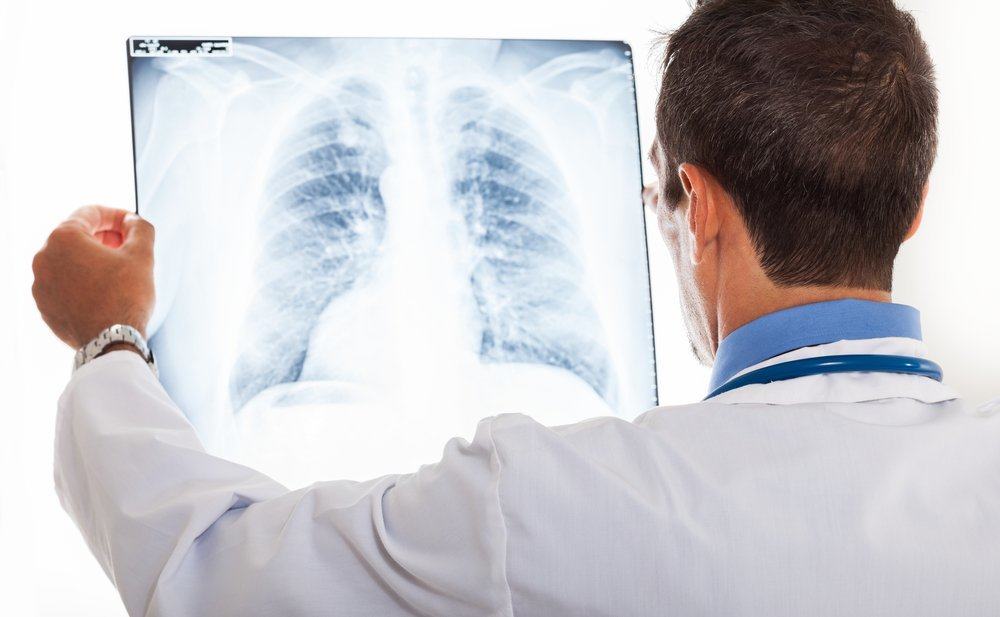Contents:
- Medical Video: What Travel Vaccinations do I Need?
- Why do children need to be immunized?
- What are the mandatory immunizations that must be given to your baby?
- 1. Hepatitis B
- 2. Polio
- 3. BCG
- 4. Measles
- 5. Pentavalent (DPT-HB-HiB)
- Additional vaccinations that can also be given to children
Medical Video: What Travel Vaccinations do I Need?
Have you brought your baby to immunize? Is your baby immunization complete? So that your child is protected, make sure you have fulfilled all mandatory immunizations and additional immunizations for children.
Based on data from the 2013 Basic Health Research (Riskesdas), some of the causes behind a mother do not want her child to be immunized because they fear their child is hot, the family does not allow, access to the immunization site is very far, parents are busy so they cannot bring their children to immunization, children are often sick , and parents do not know the place of immunization, as reported by the Ministry of Health website.
However, immunization is actually very important for babies. Immunization is the first step to prevent children from disease.
Why do children need to be immunized?
You must have wondered, "Why does my baby need to be immunized?" The answer is simple: to prevent your child from having an infectious disease.
After that, you might ask again, "Then why after being immunized my baby is even hot?" It is the body's response to the immune system that is inserted and joined in the child's body so that the child's immune system becomes stronger.
However, that is not the only reason why you should bring your child to be immunized. There are three important reasons why immunization is mandatory for all babies:
- Immunization is fast, safe, and very effective.
- Once your child is immunized, the child's body can fight the disease better.
- If the child is not immunized, the child will have a higher risk of getting a disease that can cause disability, even death.
Injections during immunization may make your child sick, but these injections can give the child's immune system a multiplicity. Immunization is done by injecting a weak form of a viral or bacterial disease, thus triggering the child's immune response, causing the body to produce antibodies to fight the disease. One time, if the child has the disease, the child already has an army of antibodies capable of fighting the disease. This is how immunization can increase a child's immunity.
What are the mandatory immunizations that must be given to your baby?
Immunization has been proven to eradicate infectious diseases, such as measles, mumps, whooping cough (pertussis), polio, chicken pox, and others. Therefore, it is advisable for mothers who have babies to bring their babies to Posyandu, Puskesmas, midwives, and doctors to get immunizations.
In Indonesia there are 5 types of mandatory immunizations for babies, and these are provided free of charge at the Posyandu. This type of immunization is:
1. Hepatitis B
This vaccine is given when the newborn is best given before 12 hours after the baby is born. This vaccine serves to prevent transmission of hepatitis B from mother to child during the birth process.
2. Polio
The polio vaccine is given 4 times before the baby is 6 months old. This vaccine can be given at birth, then at 2 months, 4 months and 6 months. This vaccine is given to prevent crippling paralysis.
3. BCG
BCG is only given once and is recommended before the baby is 3 months old. It is best given when the baby is 2 months old. This BCG vaccine serves to prevent tuberculosis germs that can attack the lungs and the lining of the brain, can cause disability and even death.
4. Measles
Measles vaccine is given twice, namely at the age of 9 months and 24 months. However, the second measles vaccine at the age of 24 months no longer needs to be given when the child has received the MMR vaccine at the age of 15 months. This vaccine is given to prevent severe measles that can cause pneumonia (pneumonia), diarrhea, and can even attack the brain.
5. Pentavalent (DPT-HB-HiB)
Pentavalent is a combined vaccine from DPT vaccine (diphtheria, pertussis, tetanus), HB vaccine (Hepatitis B), and HiB vaccine (haemophilus influenza type B). This vaccine is given to prevent 6 diseases at once, namely diphtheria, pertussis, tetanus, hepatitis B, pneumonia, and meningitis (inflammation of the brain). This vaccine is given 4 times, namely at the age of 2 months, 3 months, 4 months, and 18 months.
Additional vaccinations that can also be given to children
All types of compulsory immunization above must be given in full before 1 year old child. In addition, there are also other types of vaccines that can be given to children, namely:
- Pneumococci (PCV), can be given to children aged 7-12 months 2 times at intervals of 2 months. If given to children over 2 years, PCV is given only once. This vaccine serves to protect the body from pneumococcal bacteria which can cause pneumonia, meningitis, and ear infections.
- Varicella, given after the child is 12 months old, best given before the child enters elementary school. This vaccine serves to prevent children from chickenpox.
- Influenza, given to children at least 6 months of age, and repeated every year.
- Hepatitis A, can be started when the child is 2 years old. Give as much as 2 times at intervals of 6-12 months.
- HPV (human papilloma virus), can be started when the child is 10 years old. This vaccine protects the body from human papilloma virus which can cause cervical cancer.












